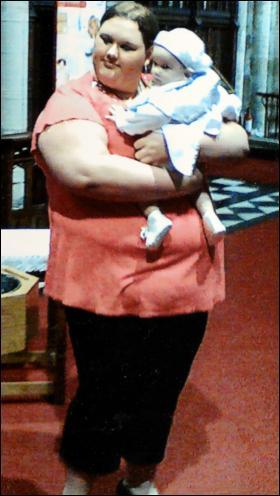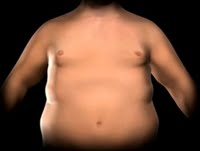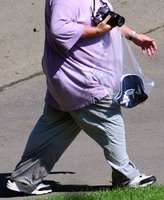Gastric bypass surgery increases risk of kidney stones, study reports
Dallas, TX
Patients who undergo gastric bypass surgery experience changes in their urine composition that increase their risk of developing kidney stones, research from UT Southwestern Medical Center investigators suggests.Gastric Bypass Malpractice Lawsuit Attorney
A new study, published in the March issue of The Journal of Urology, found that some of these urinary changes place weight-loss surgery patients at higher risk for developing kidney stones than obese patients who do not undergo the procedure.
For the study, researchers collected urine samples from 38 study participants. There were 16 women and three men in each of two groups. One group had undergone Roux-en-Y gastric bypass (RYGB) surgery; the second group contained normal obese individuals. RYGB, which is one of the most commonly performed weight-loss procedures, involves the creation of a small gastric pouch and allows food to bypass part of the small intestine.
The researchers found that the excretion of a material called oxalate in urine was significantly greater in the participants who had the surgical procedure than those who did not (47 percent, compared with 10.5 percent, respectively). In addition, the amount of a chemical called citrate in the urine was low in many gastric bypass patients in comparison to the obese nonsurgical group (32 percent to 5 percent).
Oxalate is found in the majority of kidney stones, while citrate inhibits stone formation.
“Almost half of the patients who had undergone gastric bypass and did not have a history of kidney stones showed high urine oxalate and low urine citrate – factors that lead to kidney-stone formation,” said Dr. Naim Maalouf, assistant professor of internal medicine in the Charles and Jane Pak Center for Mineral Metabolism and Clinical Research and the study’s lead author.
The cause for stone formation after bariatric surgery is not entirely clear, but the study reinforces the message that weight-loss surgery patients and their physicians should be alert to the heightened risk, Dr. Maalouf said.
“These findings illustrate that the majority of patients are at risk for kidney-stone formation after RYGB,” Dr. Maalouf said. “This complication may not be well-recognized in part because it tends to occur months to years after the bypass surgery.”
Labels: gastric bypass risks, gastric bypass side effects, gastric bypass surgery
















